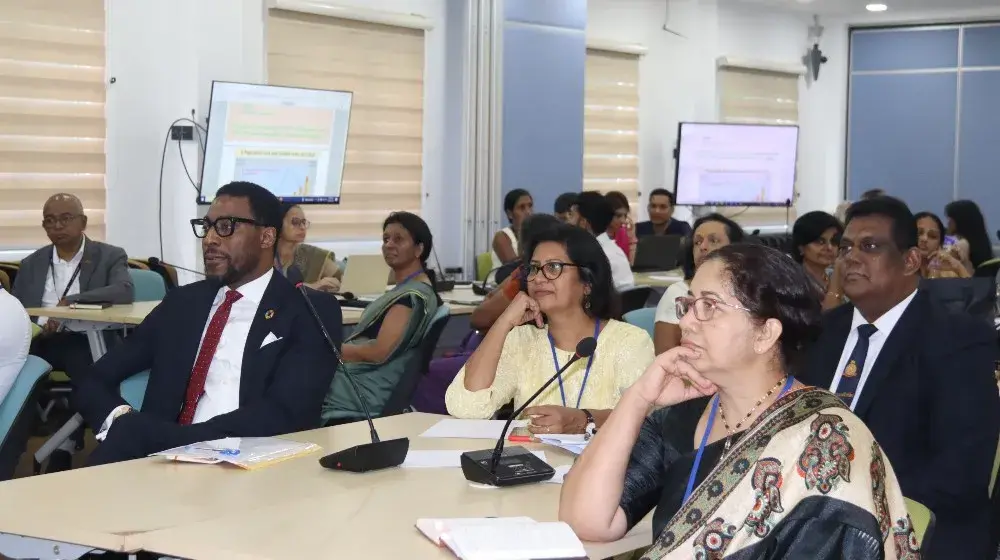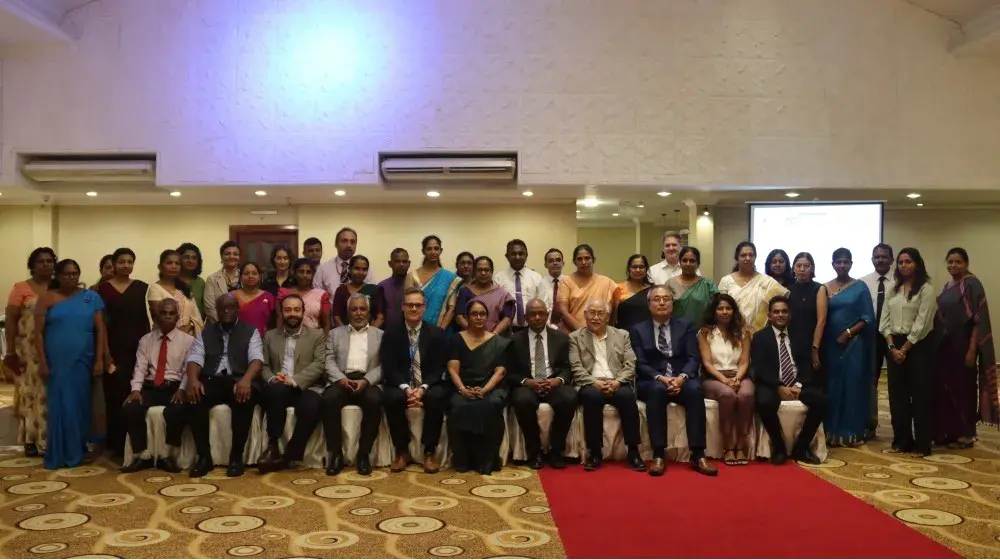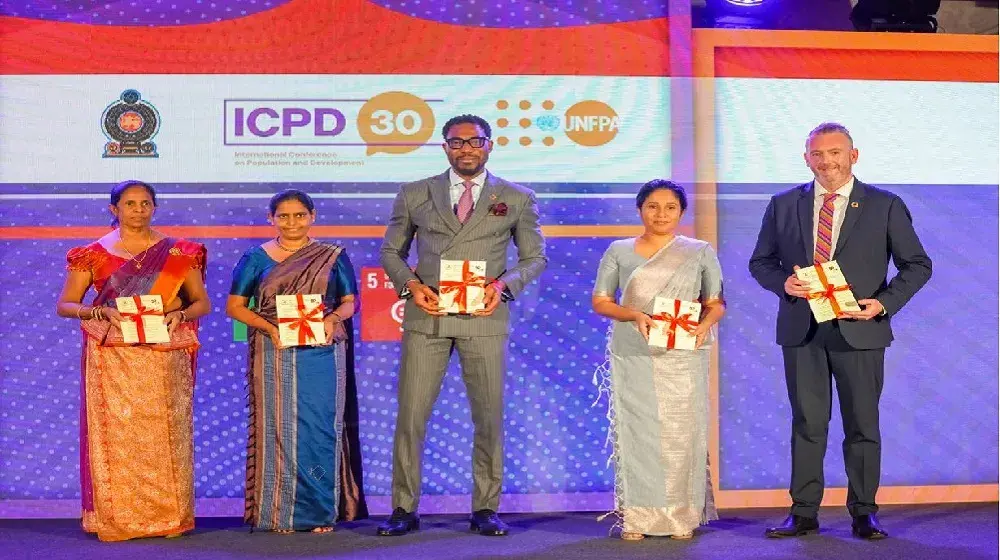
The United Nations Population Fund (UNFPA) launched its first in a series of inter-generational dialogues on the shifting population dimensions in Sri Lanka and its significance in shaping future policies.
By bringing generations together from across all spheres of the Sri Lankan society, UNFPA aims to create an open forum that will address issues relating to the country’s youth, a growing ageing population and women’s sexual and reproductive health and rights.
The first inter-generational dialogue, launched under the heading “Bringing Generations together for our Sri Lanka” was held on Wednesday (16 December 2015) in Colombo at the Cinnamon Grand, and looked into addressing how Sri Lanka’s youth could be utilised as a driving force to determine the country’s middle income status.
As a large proportion of the population ages, decreasing fertility and growing migration to urban cities, there is a need for increased and continuous research and evidence-based data to devise short, medium and long-term development strategies to address this population challenge.
While some demographers have estimated that the period of demographic dividend ends in 2037, others believe that by 2017 the aging population will outnumber the working population and the period of economic dividend will come to an end. Official census figures estimate that by 2041 one in four Sri Lankan’s will be over the age of 60.
Mr. Alain Sibenaler, UNFPA Representative to Sri Lanka highlighted in his welcome address that Sri Lanka is currently experiencing the first “demographic dividend” or population bonus. This is why it is crucial that the country’s policy makers have access to evidence-based data which can be translated into policy implications that will prepare the country for the growing shift in the country’s dynamics. A demographic dividend refers to a period of 20-30 years within a country when fertility rates fall due to significant reductions in child and infant mortality rates.
“The objective of today’s first inter-generational dialogue is to bring generations together to voice their views, concerns and suggestions which can serve as a baseline for recommendations that can help steer Sri Lanka’s future policy directions. Today’s event is the first in a series of open forums that will try to tackle how Sri Lanka’s young population is a driving force to determine the country’s middle income status,” said Mr. Sibenaler.
More than 95 participants from various backgrounds and fields attended the first dialogue. Representing the panel were six esteemed speakers from three different generations who have and continue to contribute to Sri Lanka’s evolving development agenda.
The panellists consisted of Professor Mohan Munesinghe a Nobel laureate; Ms. Aaranya Rajasingam, Executive Director of Viluthu; Travis Gomez, Economist and Vice President of Frontier Research; Ms. Naushalya Rajapaksha, lawyer and the official youth delegate from Sri Lanka to the United Nations General Assembly; Ms. Shyama Salgado, the Senior Programme Manager of International Labour Organisation (ILO); and Ms. Samantha Liyanawaduge, Executive Director of HelpAge Sri Lanka.
Mr. Travis Gomez, Vice President of Frontier Research stated during the event that he would focus on the demographic dividend ending in 2017. “If this happens we have one year to rapidly work on strengthening our manufacturing base. We need to enable an environment where we can go about economic development but in a sustainable manner,” he said.
Mr. Gomez added that: “In Sri Lanka the demographic dividends started in 1992, and a lot of this working age population was not fully utilized in terms of building that manufacturing base. As a result we have only a few more years to go and there isn’t much space to use this labour surplus to build up.”
In the second round of the dialogue, the issue of “bringing women in politics into the conversation,” was raised. Ms. Aaranya Rajasingam outlined how women are kept out of politics, especially in the areas affected by the war. “Regarding political participation, I work to promote women in parliament, in politics, and in local government elections, and what we see is there is very strong resistance among men and women to accept women as leaders, even though women are highly involved in politics,” said Ms. Rajasingam.
In an environment where even women are less inclined to vote for other women, Sri Lanka is far from achieving gender equality in Parliament and other political settings. “We are confronted by this strong resistance in allowing women to come into politics because they feel she does not deserve that place. The reasons given are usually, that she has taken 2 or 3 years off to have a child, she didn’t participate in these events, she couldn’t come, so why should we promote her as a candidate,” stated Ms. Rajasingam.
In the third round, the discussion switched from addressing women’s rights to ensuring that the youth had the right skills needed to enter the labour market upon completing their education. To this argument Ms. Shyama Salgado, the National Programme Coordinator of ILO pointed out that currently the present youth is not properly equipped with the right tools to enter the labour force. “At this point there is a distinct difference between qualification and education. Qualifications are required in an academic or technical environment but education is what you get in your school, as well as the work place and home.” She added, “This is why graduates cannot find work. They cannot market themselves at job interviews”.
UNFPA is working closely with partners, including civil society, communities and governments, to encourage policies based on the issues that were discussed at the first inter-generational dialogue. The next series of planned dialogues are scheduled for early 2016.
UNFPA remains committed to advancing equity, accountability and quality in all spheres of decision making, affecting the lives and potential of the Sri Lankan population through evidence-based and policy advocacy.







